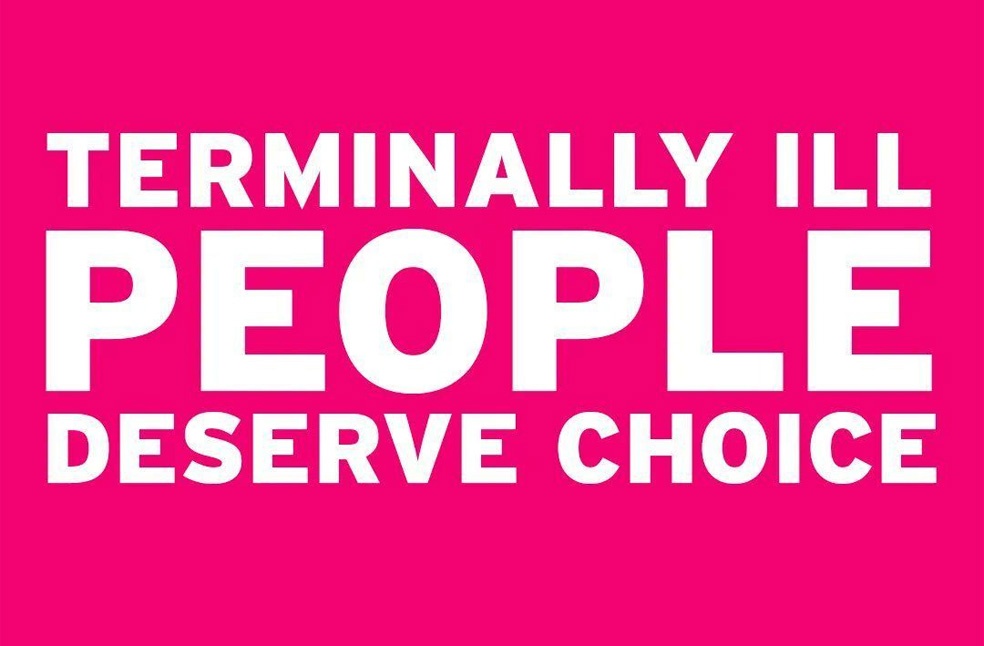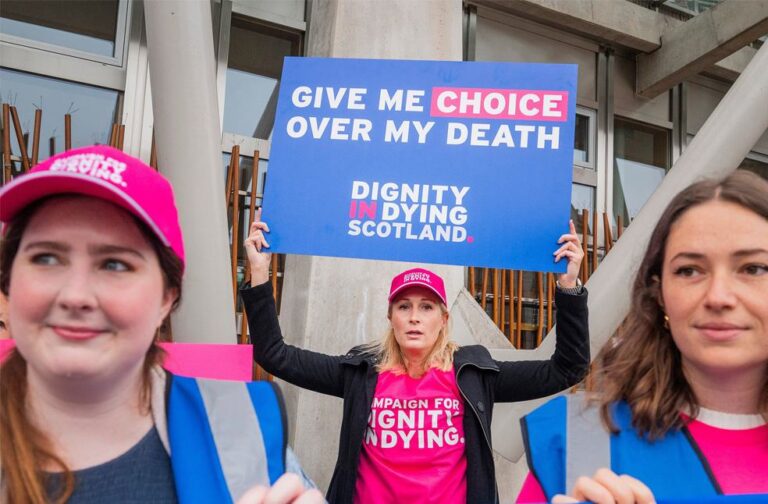London: A coalition of the UK’s leading end-of-life and social care organisations has voiced strong opposition to the proposed Assisted Dying Bill, formally known as the Terminally Ill Adults (End of Life) Bill, expressing deep frustration over being excluded from vital consultations.
The group warns the bill is ‘unworkable, unaffordable, and naive,’ expressing concern about its potential consequences on the workforce and vulnerable individuals.
The Coalition of Frontline Care for People Nearing the End of Life represents key care stakeholders, including the Gold Standards Framework Charity (GSF), National Care Forum (NCF), British Geriatric Society (BGS), Care England (CE), and the Community Hospital Association.
Help us spread the message: With just 48 hours until the next assisted dying debate, it's crucial to flood social media with support for law change.
MPs must hear our call: When we cannot stay, let us choose how we go.
One click can make a difference. Tag your MP in the… pic.twitter.com/rKL6tsdbZf
— Dignity in Dying (@dignityindying) May 14, 2025
Although the coalition submitted written evidence during the bill’s committee stage, it was not invited to present in person. These organisations collectively represent a three-million-strong care workforce and serve the most vulnerable adults at the end of their lives.
Professor Martin Vernon, a consultant geriatrician and spokesperson for ethics and law at the British Geriatric Society, said the bill largely affects older adults with complex conditions and criticised the lack of engagement with professionals on the frontlines.
Vernon stressed that the bill risks pressuring terminally ill individuals, especially those with conditions like dementia or frailty, into choosing assisted dying, either through direct circumstances or broader societal pressures.
Instead of focusing on legalising assisted dying, policymakers should strengthen palliative and supportive care options to ensure a dignified final phase of life. Prof Vernon added.

Despite the coalition’s pushback, the bill has advanced. It returns to the House of Commons for further scrutiny. This comes after both the Royal College of Physicians and the Royal College of Psychiatrists pulled their support earlier in the week, stating the bill is ‘not fit for purpose.’
In contrast, advocates for assisted dying argue that the revised bill offers stronger safeguards than any other international model. Sarah Wootton, CEO of Dignity in Dying, said the bill includes provisions for involving a range of professionals, mandatory training around coercion, and ensures that assisted dying can only be discussed alongside all other end-of-life options.
MPs voted to advance the bill in November after recognising the current blanket ban was failing terminally ill patients and their families, Wootton added.
The CEO concluded that, “Every year, dying people are forced to endure unbearable suffering, die alone overseas, or take their own lives without support. This bill is meant to change that—and it’s stronger now than ever.”



